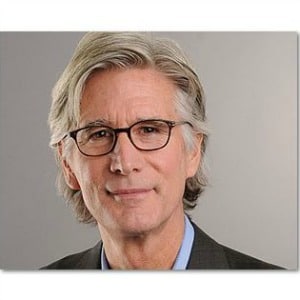
(By Bob McCurdy) In times of stress and distress, people congregate to the familiar. When the going gets tough, people turn to radio and its personalities seeking familiar voices that convey a sense of normalcy and stability, that all is OK, or will be OK.
In many cases, the radio personality is someone who has been in their lives for years, even decades, a trusted friend helping them navigate their daily lives providing them with weather, traffic, news, entertainment and laughter. Who can’t use a little laughter now? They are often the first voices many hear in the morning and the last to hear in the evening. This bond between listener and local radio personalities is something that Google, YouTube or television can’t match.
The unique and deeply personal relationship between listener and personality in psychology is referred to as a para-social relationship, which describes the perception of a relationship experienced by listeners who come to consider media personalities as friends, despite having limited or no actual interaction with them. A Vision Critical/Maru 2017 study highlighted this relationship with the radio personality with over half of listeners perceiving them to be “like a friend or family member”. Numerous other studies have come to the same conclusion.
Even though such one-way “friendships” are based on an illusion of interaction rather than any actual social interaction, a powerful bond of intimacy is created. Thus, the trusted personality’s very on-air presence particularly during difficult times, communicates that everything is going to be OK, or “EGBOK”, a term coined by KABC Los Angles’ Ken & Bob decades ago.
Technological advances “facilitate” but also serve to “isolate”. Several years ago, a U.K. professor recognized this phenomenon referring to it as a “Technology Isolation Syndrome”, which is the result of the loss of human connection and intimacy. Cell phones, video games, iPod ear buds, “jockless” online audio options and even social media all contribute to this isolation.
The radio personality is this syndrome’s antidote. Keeping the listener connected to their “wider world” beyond their “closed” personal world dominated by Facebook, Instagram, etc. “Personalization” is the buzz word of the day, but taken to the extreme it takes away from our sense of community and frays the bonds that hold society together. With circumstances changing daily, keeping people connected to their “wider world” is how radio and its personalities excel.
Live on-air personalities are by far the most personal and intimate communicators in media as they enable listeners to be alone without being lonely, and today with everyone isolated and many actually alone for a yet TBD period of time, the personality’s role as a valued friend and companion is more important than ever.
What Canadian philosopher, Marshall McLuhan, wrote 56 years ago is probably truer this morning than when he wrote it, “Radio affects most people intimately, person-to-person, offering a world of spoken communication between speaker and listener. That is the immediate aspect of radio. A private experience. It comes to us ostensibly with person-to-person directness that is private and intimate.”
That person-to-person directness and intimacy McLuhan was referring to is the radio personality.
Jim Kerr, renowned WAXQ/New York personality once said that the bond between a popular, trusted radio personality and his or her listeners is “the closest thing you’ll ever get in media to two neighbors talking over the backyard fence”. While neighbors for the time being can no longer converse over their fences, they are doing the next best thing, tuning to their favorite radio personality.








